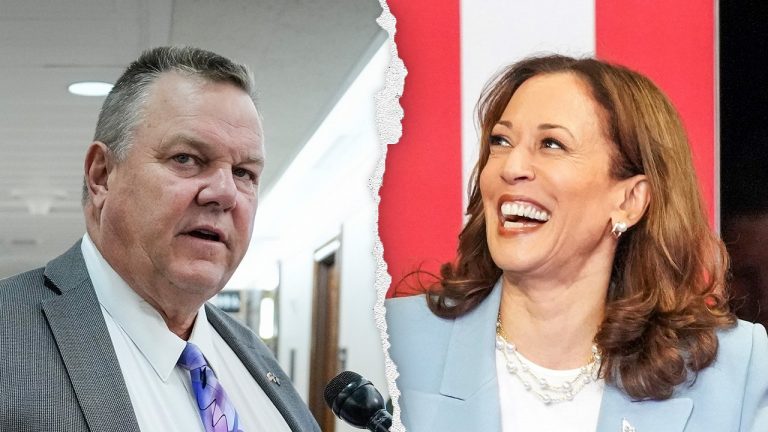CT Governor doesn’t support using taxpayer money to help striking workers.
Connecticut Governor Ned Lamont made a controversial statement on Thursday, expressing his opposition to a bill that was rushed through the legislative session. This bill, passed in the final moments, established a $3 million fund that could potentially benefit striking union workers. Lamont’s stance against the bill suggests that he may veto it in the near future, citing his disapproval of the tactics employed by lawmakers.
During a press conference following the session, Lamont voiced his reservations about the bill, labeling the methods used to push it through as “too cute by half.” The Governor’s clear stance on the issue signals a potential clash between the executive and legislative branches over this contentious piece of legislation.
The bill in question has sparked heated debates, with Senate Democrats carefully choosing their words to avoid explicitly stating that it supports striking workers. Senator Julie Kusher, in particular, emphasized that the bill aimed to assist “low-wage workers,” while State Comptroller Sean Scanlon would be responsible for ironing out the details.
Shortly after the bill was passed, a coalition of unions applauded the move as a significant step towards establishing an assistance fund for workers on strike. Ed Hawthorne, the president of the Connecticut AFL-CIO, lauded the legislation for potentially providing a safety net for workers engaging in strikes, preventing them from facing financial turmoil such as foreclosures, evictions, and repossessions.
While Governor Lamont acknowledges the importance of supporting unions, he expressed reluctance to utilize taxpayers’ money to subsidize striking workers. This stance reflects a delicate balance between the interests of labor groups and the financial responsibilities of the state government.
Interestingly, neighboring states like New York and New Jersey have implemented measures that allow striking workers to apply for unemployment benefits. However, a similar proposal failed to gain traction during this legislative session in Connecticut, highlighting the divergent approaches taken by different states in addressing labor disputes.
The clash over the controversial bill underscores the complex dynamics at play between labor rights, government assistance, and fiscal prudence. As Governor Ned Lamont grapples with the decision of whether to veto the bill, the future of support for striking workers in Connecticut hangs in the balance.








